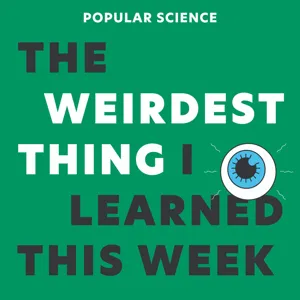Podcast Summary
The Fascinating Backstory of the Turkey Industry: Almost all Thanksgiving turkeys are artificially inseminated for their desirable traits, leading to a labor-intensive process. Traditional, dark meat turkeys may have more flavor than the popular broad-breasted white turkey.
Americans eat almost 40 million turkeys every Thanksgiving, and almost all of them are the product of artificial insemination. The broad-breasted white turkey, selectively bred to have large breasts, is the most popular, but the males and females cannot naturally reproduce. This has led to a labor-intensive and hands-on process of artificial insemination in the turkey industry. Despite the popularity of white meat, some say that the dark meat of traditional turkeys is more flavorful. This Thanksgiving, consider the fascinating backstory of the turkey on your table and the industry that produces it.
Meeting Consumer Demand for Turkey Year-Round: Working with male and female turkeys regularly creates job opportunities. Heritage turkeys offer a natural-reproduction option but can cost upwards of $150-$200. Ultimately, the decision between a traditional or heritage turkey is up to the consumer.
Meeting the consumer demand for turkey is not a once-a-year event. It requires working with male and female turkeys regularly to produce the meat. This creates job opportunities as people are needed to work with the turkeys. However, for those who want a turkey that is a product of natural reproduction, heritage turkeys are an option, albeit an expensive one. While these turkeys can cost upwards of $150-$200, they offer a feel-good option for those who want to subsidize the right of male and female turkeys to have a better holiday season. Ultimately, the choice between a traditional turkey and a heritage turkey lies in the hands of the consumer.






